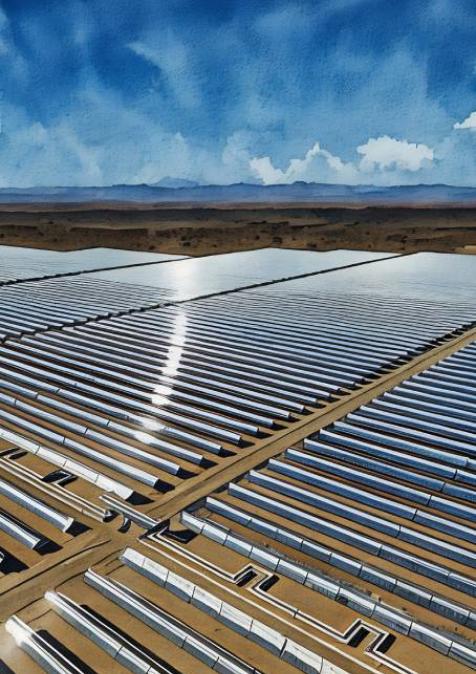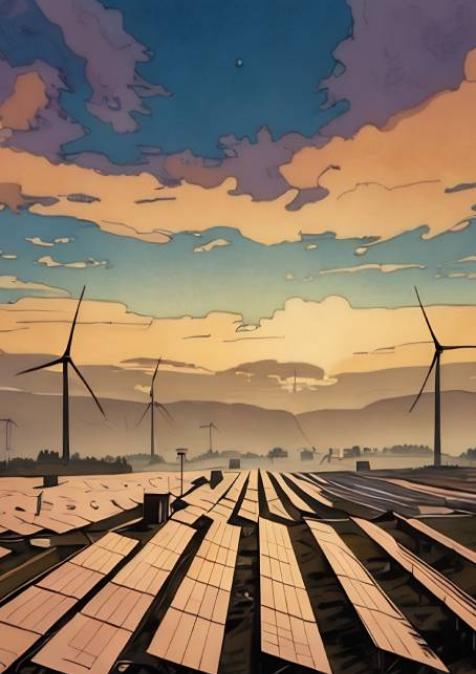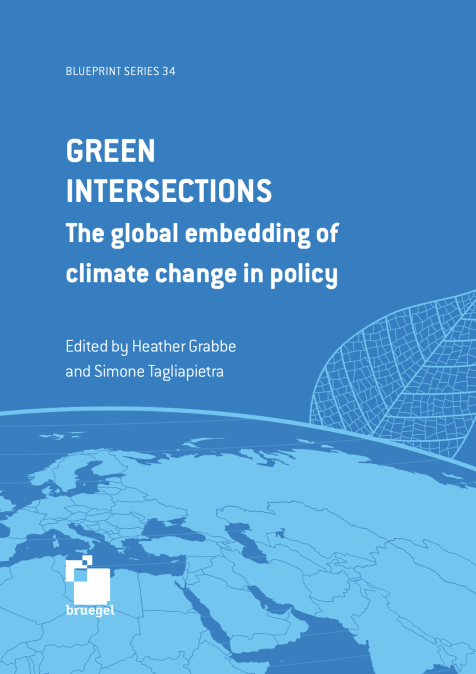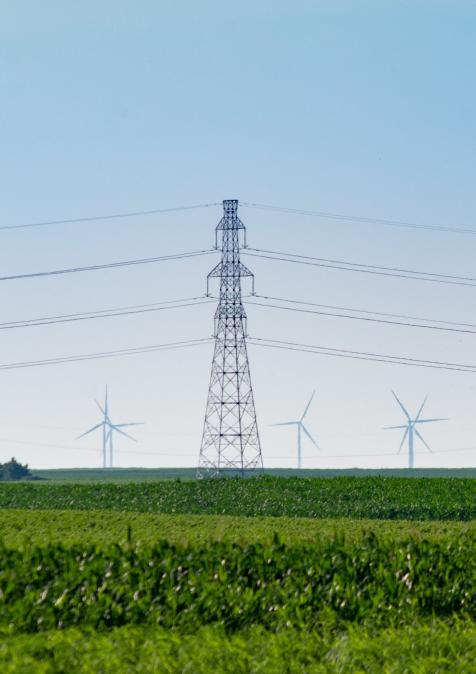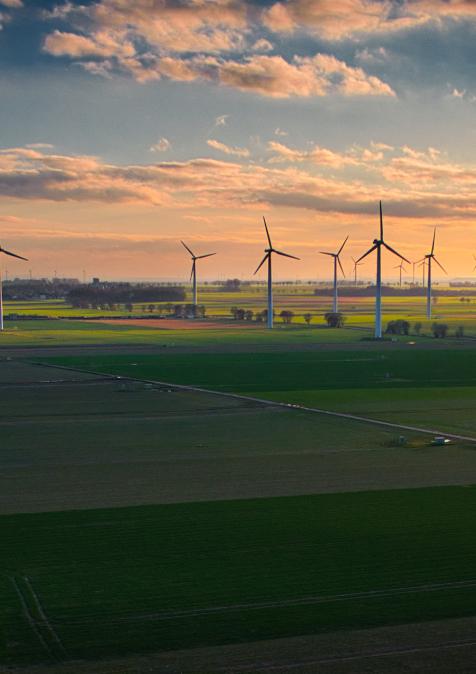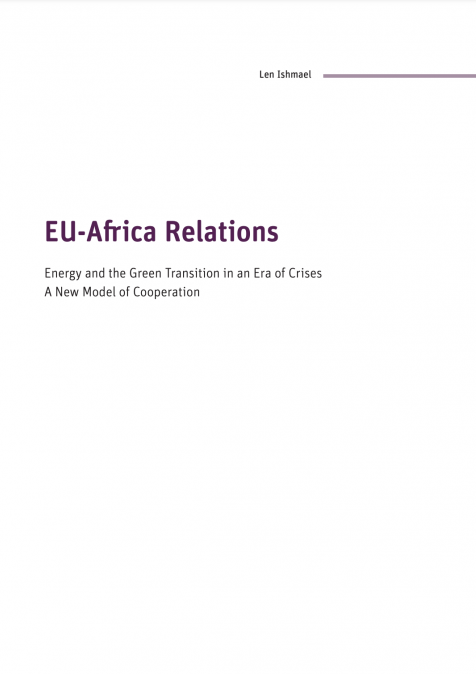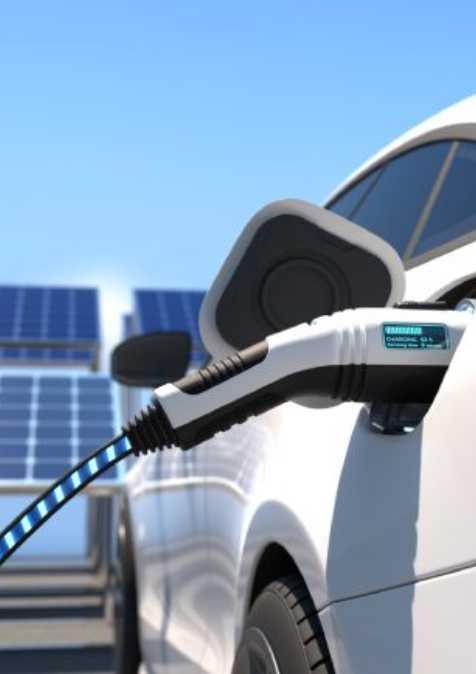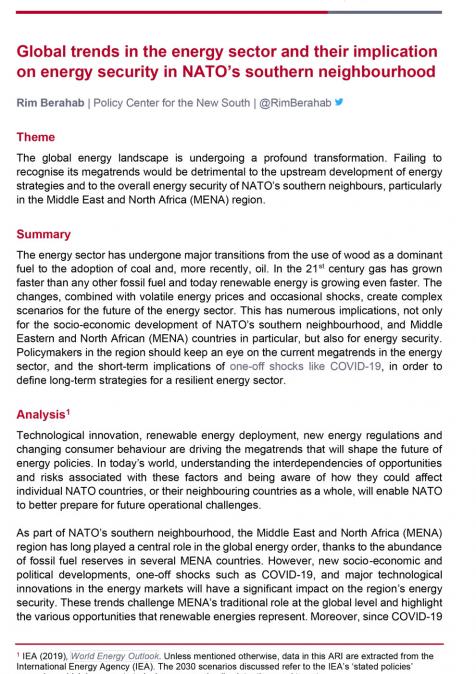How close are we to the apocalypse, human culture, democracy, wisdom, thrown back in time and reduced to the mind of Neanderthals? Remember them, 40 000 years ago? Or back to the days of the dinosaurs, 233 million years gone by, yet unforgotten, thanks to Hollywood.
Gone are the mammoths, the cave men, the pest and cholera and wars, which lasted 30 years. Compared with the devastation of the “black death”, a bubonic plague pandemic (1347 to 1353), which caused the death of up ...


